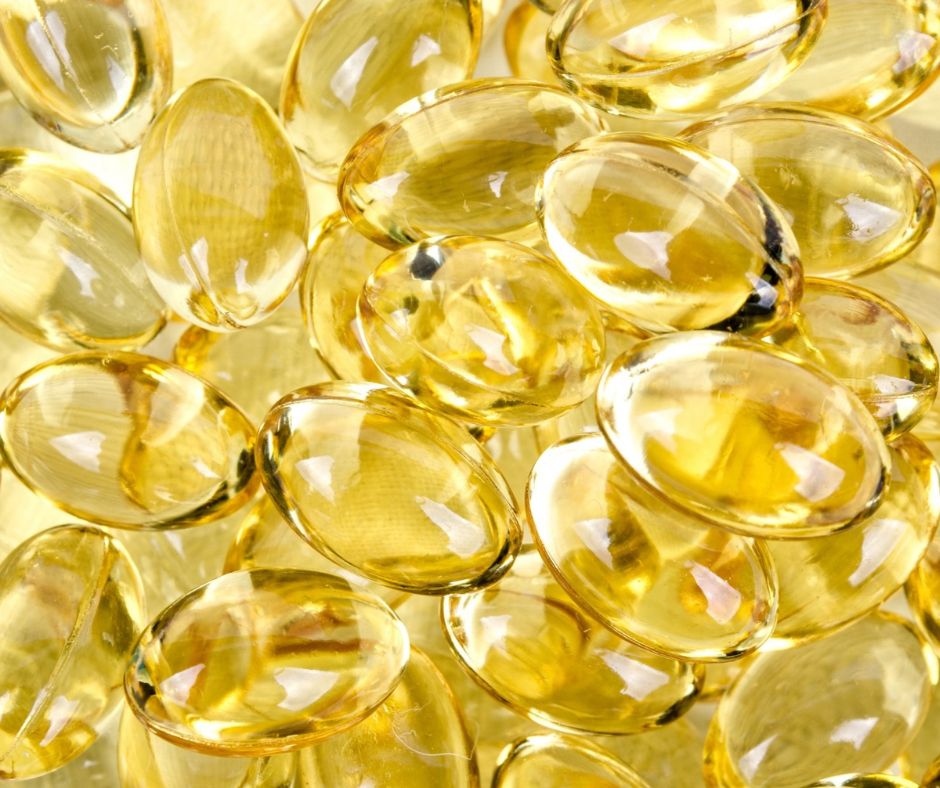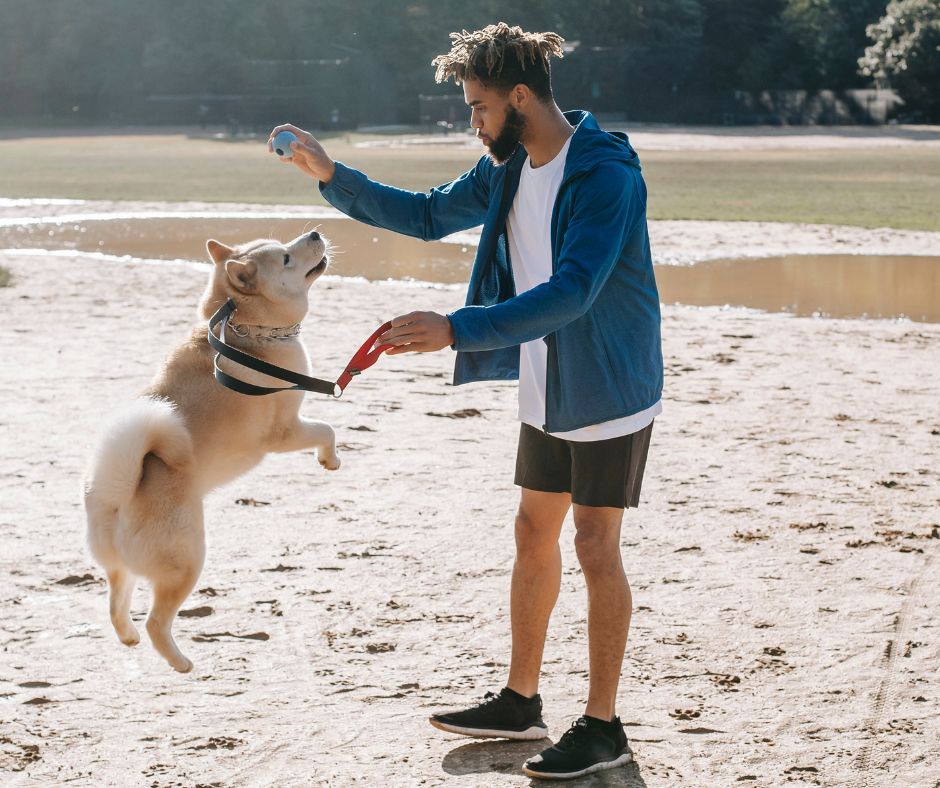|
When it comes to pet nutrition the options seem endless… but what is a gimmick and what is a healthy option? One nutritional additive that I am a huge fan of are healthy oils, the most common being Omega 3s also known as “Essential Fatty Acids”. These come in many forms and blends and of course are not all made to the same standard! I’m going to do my best to simplify the use of Omega 3s and how to spot the good ones. A little about Omega 3s… There are 4 type of dietary fats: Trans Fats, Saturated Fats, Polysaturated Fats, and Monosaturated Fats. Omega 3s fall under the category of Polysaturated fats and the main function of them in the body is to create hormones and regulate inflammation. Often when looking for Omega 3s you will also find Omega 6s and Omega 9s and it can all get quite confusing. Omega 9s are considered “non-essential” so there is little to no reason to add them to a pets diet therefore we generally just avoid them. Omega 6s are considered essential so we do want them in our pets daily intake however, not in excess, most good quality pet foods already have enough Omega 6s to meet the “essential” threshold. If Omega 6s are given in excess they can have pro-inflammatory effects and that is exactly the opposite of what we want to occur. Nutritionally speaking we generally just focus on adding Omega 3s on top of our pet’s regular intake, but again not in excess, there is a safety margin we do not want to surpass and I will get to that later.
Why would I want to add Omega 3s to my pets diet? Since we now know that Omega 3s are great in assisting with decreasing inflammation we can safely assume that most animals experiencing some form of inflammation may benefit from the use of them. Specifically those suffering from arthritis, allergies, kidney disease, heart disease, decreased or aging brain function, and those suffering from compromised immune function. Truthfully, there are very few pets that wouldn’t benefit from Omega 3 supplementation in some way. Okay, so how do I start giving my pet Omega 3s but without giving them too much of everything else? Have I confused you yet? I certainly hope not but if I have I will continue to try and simplify things and make this as user friendly as possible. Ideally you want a supplement that supplies only Omega 3 because as mentioned earlier: 1) most good quality diets already have enough Omega 6s and do not require additional supplementation 2) Omega 9s are essentially non-essential and do not require additional supplementation The most common Omega 3 supplement that will not have as much Omega 6 or 9 will usually be a fish oil, these will generally come in a liquid form that should be refrigerated once it is opened or a capsule form that can be stored at room temperature. If you ever have any questions or you are hoping to source a good quality Omega 3 supplement, we have suggestions and we do have some available in clinic for purchase from a guaranteed and reputable supplier. How do I start giving Omega 3s? Gradually!! I cannot emphasize this enough. Almost any oil based supplement if started too quickly will cause loose stool. Be sure to start by giving about half of the recommended dose and make sure that your pet’s stool quality doesn’t change. Once you have given half the recommended dose for a few days with no loose stool you can likely increase to the full recommended dose. It's generally safest to follow the label instructions for amounts to give, however if you feel you are not seeing improvement after a few weeks we may be able to modify the amount you are giving depending of the DHA/EPA strength of the product you are using.
0 Comments
|
AuthorHi, my name is Shelby and
|
Phone | 780-554-0663 | Fax | 780-348-5540 [email protected]
Enter "Stone Ridge Vet" into Google or Apple Maps
59525 Range Road 235, Westlock County
Enter "Stone Ridge Vet" into Google or Apple Maps
59525 Range Road 235, Westlock County










 RSS Feed
RSS Feed